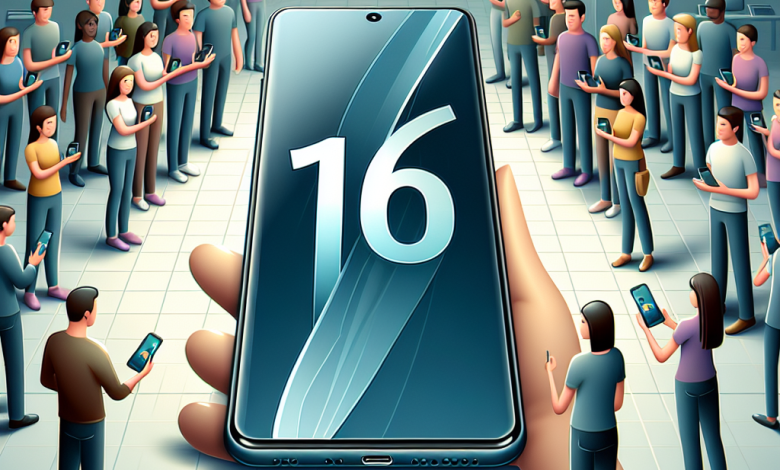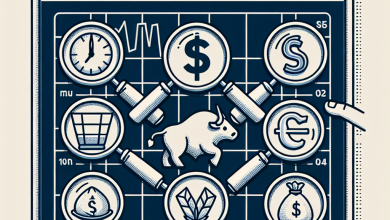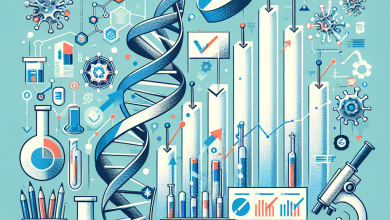
iPhone 16 Demand ‘Remains Weak,’ According to Jefferies
Recent analysis from Jefferies indicates that demand for Apple Inc.’s iPhone 16 is currently weak, as evidenced by decreasing delivery lead times across key markets. According to data tracked on October 8, lead times for both the iPhone 16 Pro and iPhone 16 Pro Max have shortened by 3 to 16 days in major cities throughout China, including Hong Kong, compared to data from September 29.
The reduction in delivery time for the iPhone 16 Pro has been more pronounced than for the Pro Max, with average wait times of 23 days for the latter in China, and 18 days in Hong Kong.
In the United States, of the seven cities monitored, four experienced a decrease in delivery times, while two remained unchanged, and Philadelphia saw an increase of approximately two days. Similar to the trend in China, the Pro variant in the US had a greater reduction in delivery time than the Pro Max.
In addition to these markets, delivery times also saw a slight uptick in Japan and the UK.
Resale prices for the new iPhone 16 in Hong Kong reveal that all versions of the 16 Pro are currently selling for less than their official retail prices. For the Pro Max, all versions have also started to sell at a discount, a shift from September 29 when more than half of the variants were priced above official rates. Analysts observed that even the most sought-after model, the Desert Gold/256GB variant, has dipped below its official price.
Discussions with dealers have indicated a decline in demand from both China and the Middle East compared to previous years.
Initial data suggests a double-digit drop in sales across all iPhone models in the two weeks following the commencement of deliveries. Analysts noted that this is worse than anticipated, although they suggest monitoring the situation longer before drawing firm conclusions. They also believe that Apple may resort to greater discounts on older models to boost sales volume if necessary.
Jefferies has maintained a cautious outlook on Apple for the next year but remains optimistic about the company’s long-term potential, particularly in light of anticipated advancements in AI technology.
 GOOGL
GOOGL  META
META 


